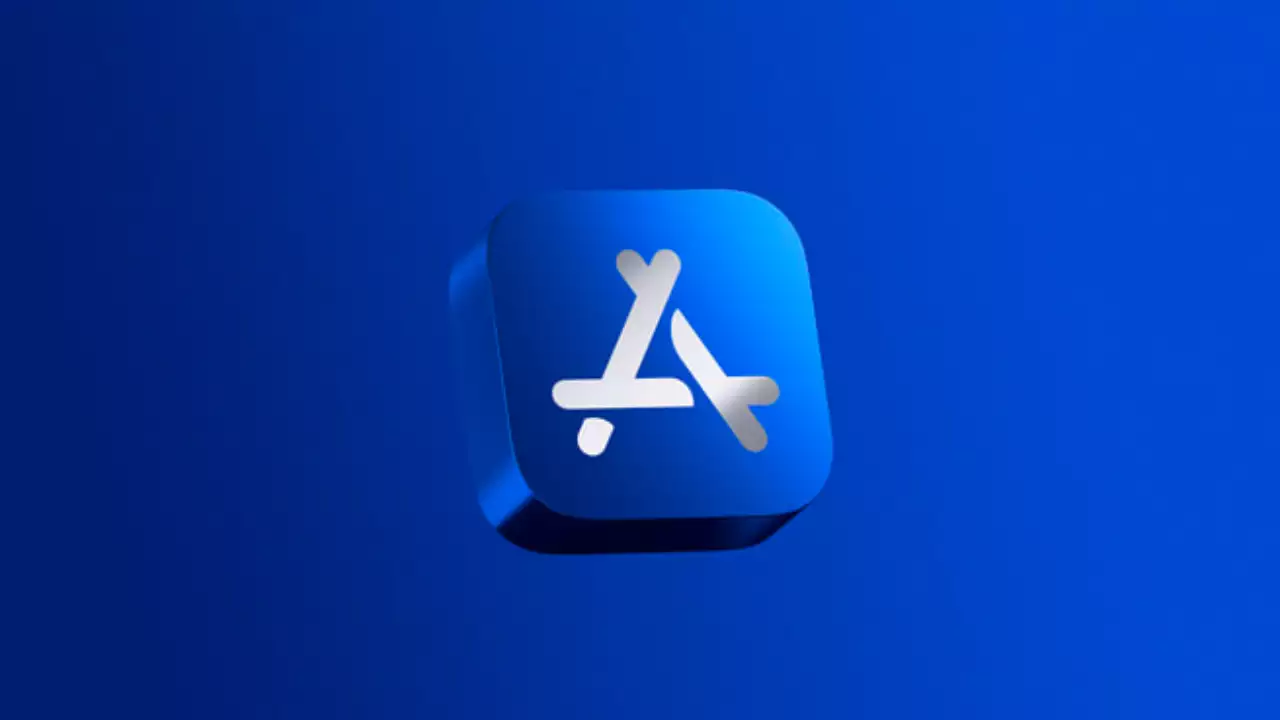In a significant policy shift, Apple has announced alterations to its iOS, Safari, and App Store policies specifically tailored for the European Union (EU) to align with the Digital Markets Act (DMA). These changes, set to roll out with iOS 17.4 update in March 2024, signify a considerable adaptation in how Apple operates within the EU, potentially setting a precedent for digital marketplaces worldwide.
Key Highlights:
- Apple introduces a lower commission structure and new fees for apps in the EU, aiming to comply with the DMA.
- The company allows for alternative app marketplaces and payment processing methods, amidst heightened security and privacy risks.
- Significant updates include more than 600 new APIs, alternative browser engine support, and expanded app analytics.
- Developers can choose to stay with the current business terms or opt for these new changes.
- Concerns arise over the potential increase in malware, fraud, and scams due to these adjustments.
New Fee Structure and Market Flexibility
Apple’s revised business terms for EU apps include a reduced commission rate of either 10% or 17% for transactions on digital goods and services, a notable decrease from the standard 30% fee. Additionally, a 3% payment processing fee is introduced for apps using Apple’s payment processing, alongside a “Core Technology Fee” for apps exceeding a certain installation threshold.
Embracing Third-Party App Stores
A groundbreaking element of these updates is Apple’s support for alternative app marketplaces, a move previously unimaginable for the tech giant. With iOS 17.4, developers will have the tools to distribute iOS apps outside the App Store, marking a historic shift in app distribution on Apple devices. Despite this openness, Apple mandates a review process for cybersecurity and fraud risks, and will impose a core technology fee on major developers utilizing these third-party platforms.
Expanded Functionalities and Security Concerns
Beyond app store flexibility, the updates bring significant changes to NFC chip access for wireless payments and default browser options, potentially challenging Apple Pay and Safari’s dominance. However, these innovations come with heightened concerns over privacy and security, as alternative distribution and payment avenues may elevate risks of malware and scams.
User and Developer Reactions
The reaction to Apple’s policy shifts has been mixed. Some view it as a progressive step towards a more open digital ecosystem, while others, including Epic Games CEO Tim Sweeney, criticize the changes as insufficient and potentially non-compliant with the DMA’s objectives. The notion that Apple might limit which third-party stores can operate raises legal and competitive questions.
Apple’s move to align with the Digital Markets Act by introducing alternative app marketplaces, reducing fees, and opening up payment processing options is a significant pivot in the tech landscape. While this approach aims to foster competition and innovation, it also introduces new challenges related to security, privacy, and market dynamics. As these changes unfold, the balance between maintaining a secure, user-friendly environment and complying with regulatory demands will be critical. Whether this marks a new era of digital marketplaces or introduces more complexities remains to be seen, but one thing is clear: the digital ecosystem in the EU is set for a significant transformation.



















